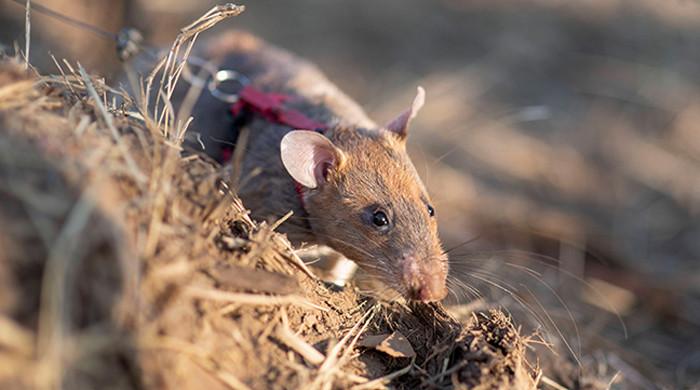Eating insects can help tackle food insecurity, says FAO
UNITED NATIONS: While insects can be slimy, cringe-inducing creatures, often squashed on sight by humans, a new book released by the Food and Agricultural Organization says beetles, wasps and...
May 14, 2013
The book, Edible Insects: future prospects for food and feed security, stresses not just the nutritional value of insects, but also the benefits that insect farming could potentially have on the environment and on addressing the rapidly increasing demand for food worldwide.
While the idea of eating a worm, grasshopper or cicada at every meal may seem strange, FAO says this has many health benefits. Insects are high in protein, fat and mineral contents. They can be eaten whole or ground into a powder or paste, and incorporated into other foods.
Insects are not harmful to eat, quite the contrary. They are nutritious, they have a lot of protein and are considered a delicacy in many countries, said Eva Muller, the Director of FAO's Forest Economics, Policy and Products Division.
Although they are not staples of Western cuisine, insects currently supplement the diets of some 2 billion people and have always been part of human diets in Asia, Africa and Latin America.
Of the 1 million known insect species, 1900 are consumed by humans.











